17 Nov Teeth Cleanings Aren’t Just for Humans—Why Your Dog and Cat Need Them Too
Teeth cleanings are not just for humans; they are also essential for dogs and cats. Proper dental care for our pets is often overlooked, but it is crucial for their overall health and well-being. Here are eight reasons why your pet needs regular teeth cleanings.
Why Do Dogs and Cats Need Professional Teeth Cleanings?
1. Preventing Dental Disease
Just like humans, cats and dogs can develop dental problems, including gum disease, tartar buildup, and tooth decay. Regular teeth cleanings can help prevent these issues and maintain good oral health.
2. Avoiding Pain and Discomfort
Dental issues in dogs and cats can be painful and uncomfortable. Your dog may not show obvious signs of dental pain, but if left untreated, it can lead to significant discomfort and a reduced quality of life. It is very important to note that our domesticated pets still have a strong “fight-flight” genetic makeup. It goes against their nature to show pain. To show pain is to show “weakness” and be more susceptible as prey, even though they may not have any natural predators in their lives. This survival instinct is so strong that dogs and cats with terribly infected mouths that are obviously painful will still not give up that desire to eat.
3. Preventing Bad Breath
Bad breath in our pets is often a sign of dental problems. Halitosis is due to bacteria that produce sulfur compounds that are the underlying cause for bad breath. Regular cleanings can help keep your dog and cat’s breath fresh and pleasant by reducing bacteria buildup.
4. Avoiding Tooth Loss
Neglected dental issues will often lead to tooth loss in dogs since the surrounding bone and soft tissues break down in response to periodontal disease. This can affect their ability to eat, play, and enjoy life to the fullest. Most importantly, it is painful!
5. Preventing Systemic Health Problems
Poor oral health in pets can lead to systemic health problems, such as heart disease, kidney disease, and liver issues. The bacteria and inflammatory products from the mouth can enter the bloodstream and cause problems in other parts of the body. It has been documented that periodontal disease causes negative tissue changes in the heart, liver, and kidneys. It has also been shown that as periodontal disease worsens the negative changes in these vital organ systems progress.
6. Reducing Veterinary Bills
Preventative care, including regular dental cleanings, can help you avoid more costly and invasive dental procedures down the line. It can also extend your cat and dog’s lifespan by keeping them healthier overall. Having regular professional dental cleanings under anesthesia can actually lessen the time your pet spends under anesthesia since they are less likely to have additional procedures, such as tooth extractions and periodontal treatments.
7. Improved Nutrition
Proper dental care enables your pets to eat comfortably. If they have dental pain or tooth problems, they may avoid certain types of food, leading to nutritional deficiencies. They may also not chew their food thoroughly. This can lead to inefficient digestion since chewing is the first stage of the digestive process.
8. Better Quality of Life
Good oral health contributes to your pet’s overall well-being and quality of life. A happy and healthy dog is one that can enjoy their daily activities and interactions with you. This will improve the human-animal bond that takes place with our dogs and cats.
To maintain your pet’s oral health, you should:
- Brush their teeth: Daily brushing with a pet-specific toothbrush and toothpaste is the best way to prevent dental issues. We have to ask ourselves what our mouths would look like if we only brushed our teeth occasionally. Our pets are no different. Daily tooth brushing has been shown to stop the progression of periodontal disease, whereas every other day brushing has been shown to only delay the progression of periodontal disease.
- Provide dental chews and toys: Certain dental chews and toys can help reduce plaque and tartar buildup. It is important to ask your veterinarian about the types and brands of chew toys they recommend since many products sold in stores can actually harm dog and cat teeth.
- Regular veterinary check-ups: Schedule regular check-ups with your veterinarian to assess your dog’s dental health and discuss the need for professional cleanings.
- Professional cleanings: Your veterinarian may recommend professional teeth cleanings, especially if your dog has significant dental issues. These cleanings are always done under anesthesia. The vast majority of pets need to have their teeth professionally cleaned by a veterinary team at least once a year. Dogs and cats will simply not allow an oral examination and professional cleaning while awake.
Dog and Cat Dentist in Colorado Springs
Remember that proper dental care is a crucial part of responsible pet ownership, and it can help your dog and cat live a healthier, happier, and longer lives. Consult with your veterinarian for personalized advice on your dog’s dental care needs.
If you have any questions regarding your dog or cat’s dental care, please contact Animal Dental Care and Oral Surgery at 719-536-9949 or info@wellpets.com.
Images used under creative commons license – commercial use (11/17/2023). Photo by Veronika Jorjobert on Unsplash

